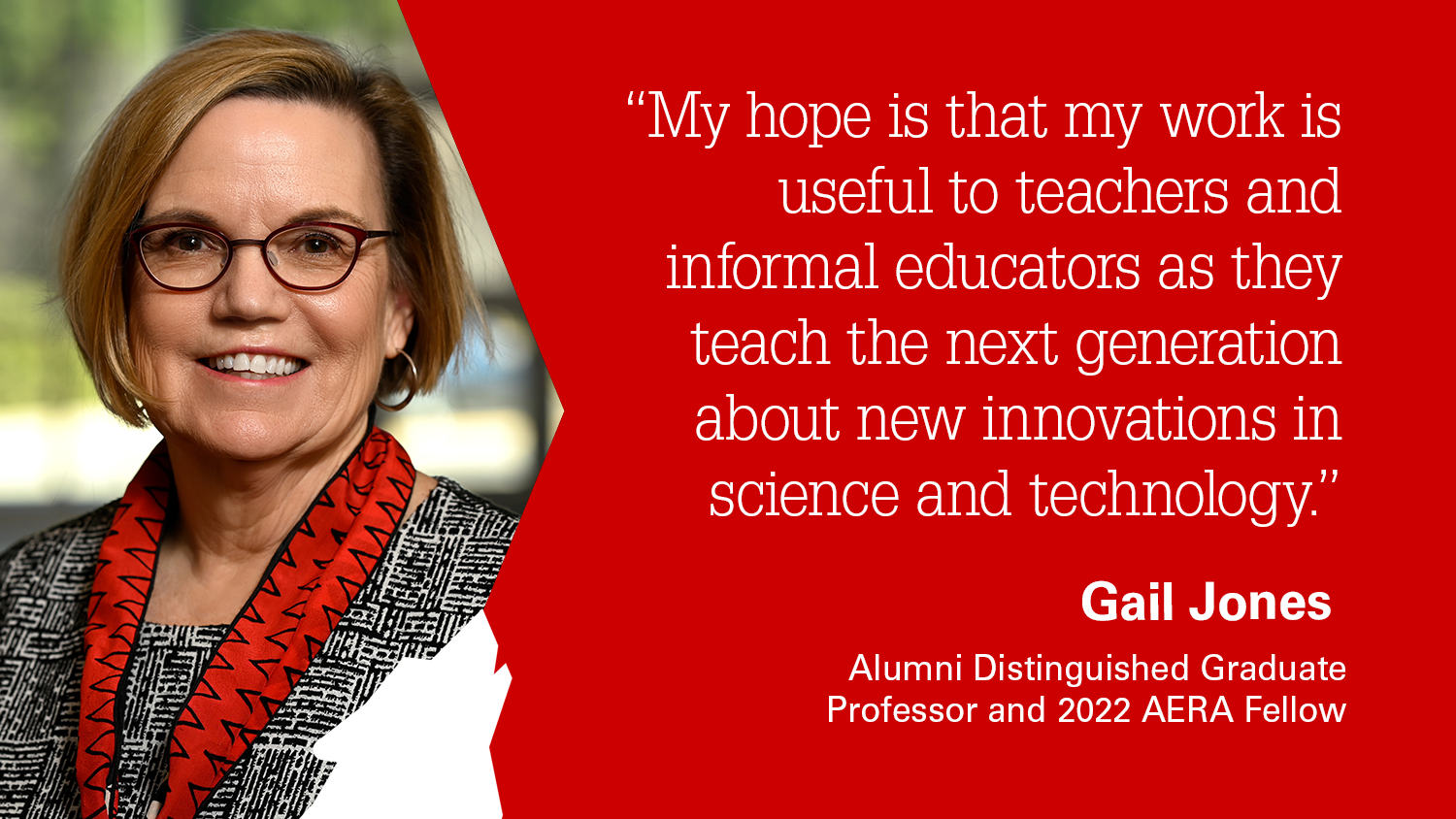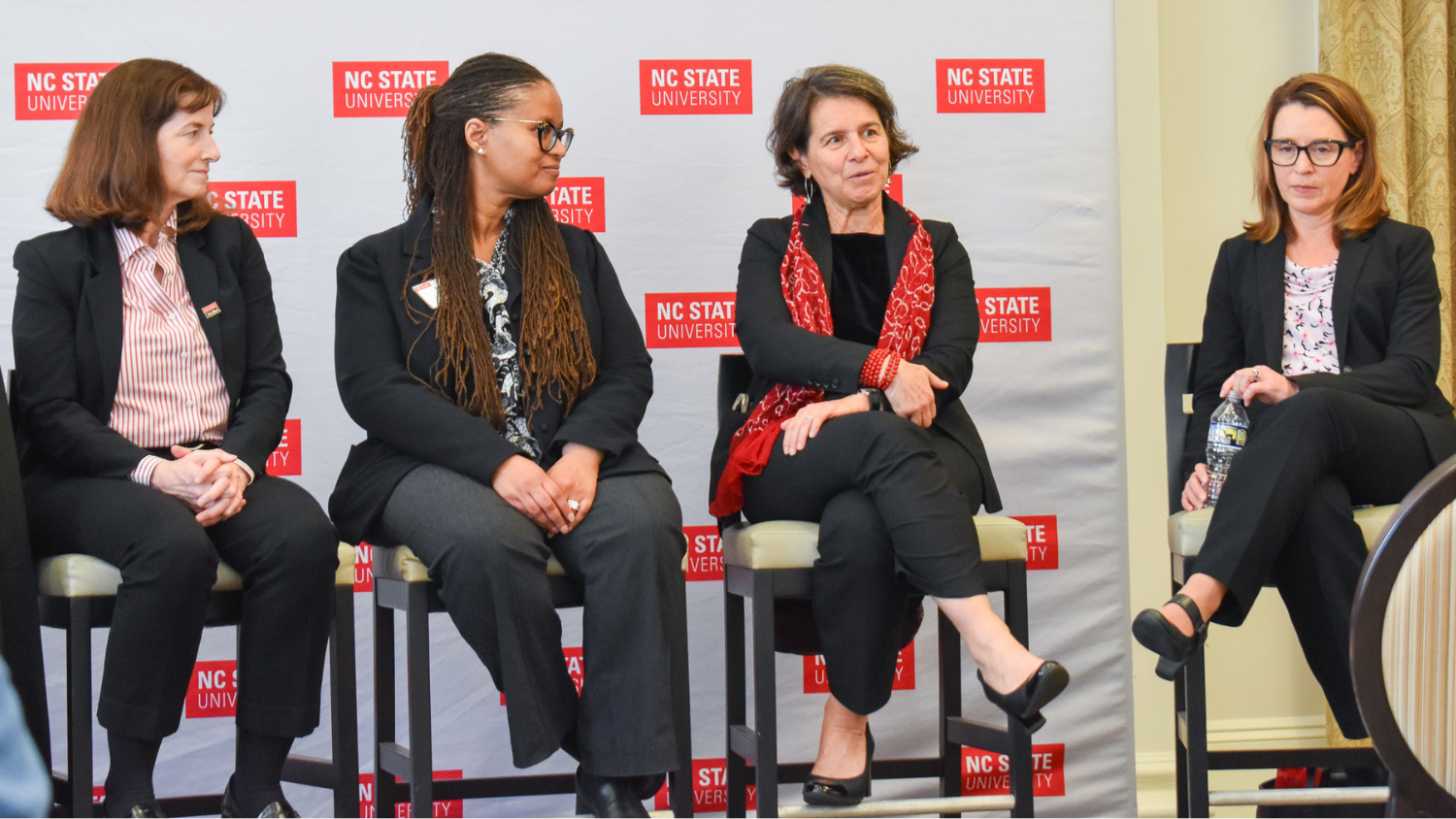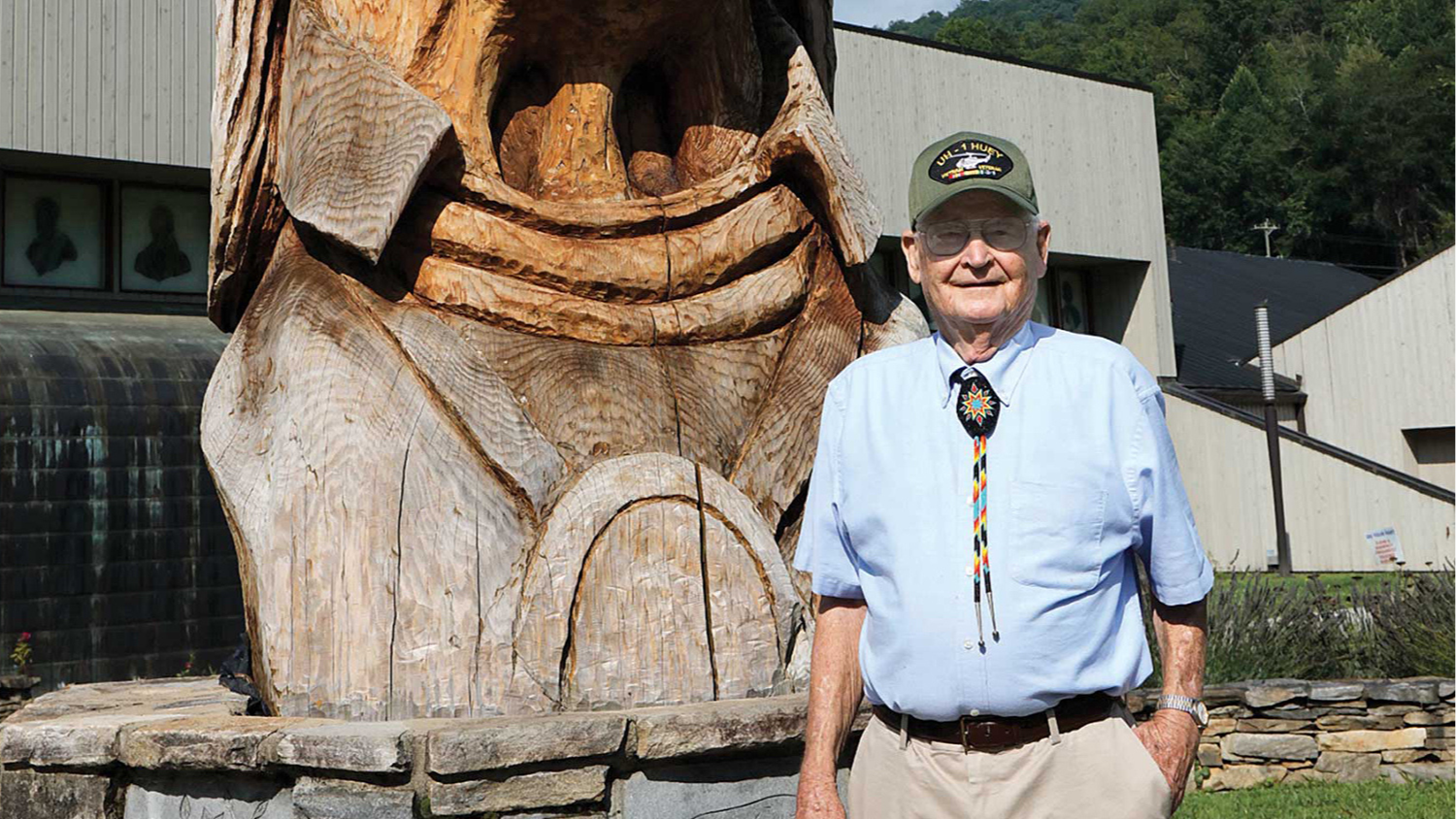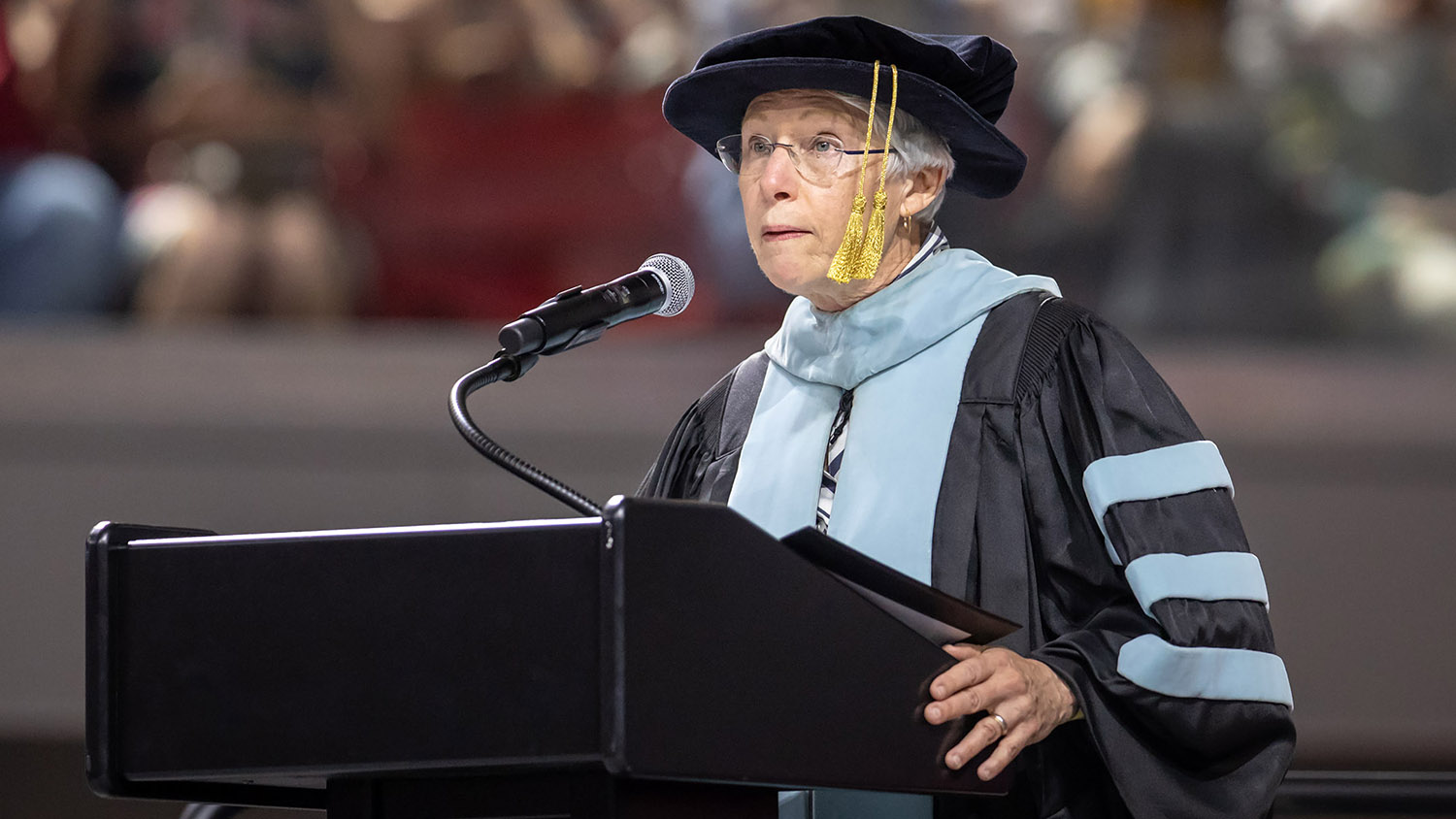Gail Jones, an Alumni Distinguished Professor of Science Education in the NC State College of Education and senior faculty fellow at the Friday Institute for Educational Innovation, has been named a 2022 AERA Fellow—the American Educational Research Association’s highest honor that recognizes exceptional research contributions to education.
Jones is the second College of Education faculty member to receive this prestigious honor. Fellows are selected based on significant scholarly contributions or substantial and innovative contributions to the field of education through research opportunities and settings.
“I have been fortunate to be able to work in the leading edge of several areas, such as virtual reality, nanotechnology and the role of size and scale in learning science. This is an amazing honor to have been selected as an AERA Fellow,” Jones said.
“Gail is a champion of interdisciplinary work and has partnered with colleagues across campus and around the world in her study of learning. It is great to see the depth of her scholarship honored with this fellowship,” said Paola Sztajn, interim dean of the College of Education.
Jones said she was interested in both science and teaching from the time she was a child, and she realized early on that a career in education would give her an opportunity to explore both of these passions. While working as a science teacher, she developed an interest in researching science education as a way to improve instruction and address equity issues in schools.
“I am driven by a commitment to equity and a strong desire to support science teachers who are teaching in our schools,” Jones said. “Teachers face more challenges than ever, and we owe these incredibly hard-working educators our support and gratitude.”
Jones, who earned her bachelor’s and master’s degrees in biology from Appalachian State University and her Ph.D. in science education from NC State, studies the learning of science in a variety of sociocultural contexts and examines how specific subgroups of students, including historically marginalized students and those with visual impairments, learn.
She has been involved in a series of studies that examine nanoscale in science education and directs the Nanoscale Science Education Research group, which investigates how people learn scale, the role of haptics in learning and effective strategies for learning nanoscale science.
She also leads the education research component of the $25 million NSF Science and Technology Center–Science and Technologies for Phosphorus Sustainability, a national research effort led by and located at NC State to reduce dependence on mined phosphates and the amount of phosphorus that leaches into soil and water.
The project, Jones said, has a goal of facilitating a 25% reduction in human dependence on mined phosphate and a 25% reduction in losses of phosphorus within 25 years. This reduction, she said, will lead to enhanced resilience of food systems and reduced environmental damage.
“It’s a huge challenge, but one that we believe can leave a genuine and positive impact on the environment,” she said.
Jones said one of her most rewarding research projects was the National Science Foundation-funded Families and Museums Exploring (FAME) project, which allowed Jones and her research team to work with three museums to provide year-long family programming in science.
Through this work, Jones was able to link community mentors with families. Findings show children in the program significantly grew their interests in science and their aspirations for careers in STEM fields. The program is now a model for engaging families in STEM nationwide.
A 2021 study co-authored by Jones, as well as Alumni Distinguished Graduate Professor Sarah Carrier, doctoral students Emma Refvem ’22PHD, Kathryn Rende ’22PHD and alumna Megan Ennes ’19PHD, also focused on museums, finding that museum volunteer programs could be a potential avenue for recruiting high school students into science teaching and communication careers.
“It is truly gratifying to see the educational materials and the programs we develop make a positive difference in the lives of teachers and students, and it is very exciting to see the recent research of my team on building interests and career aspirations being used to support the development of young scientists and engineers,” Jones said. “My hope is that my work is useful to teachers and informal educators as they teach the next generation about new innovations in science and technology.”
- Categories:



